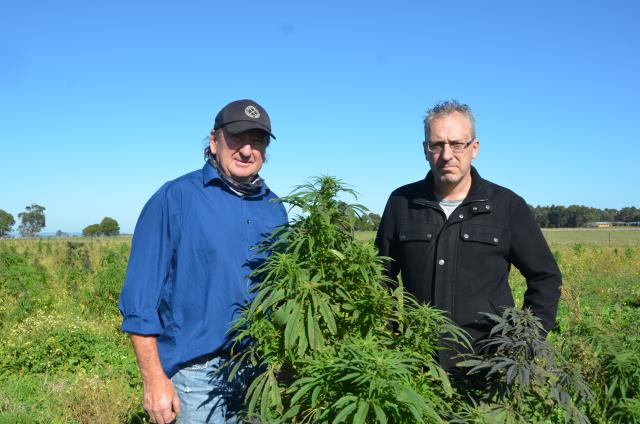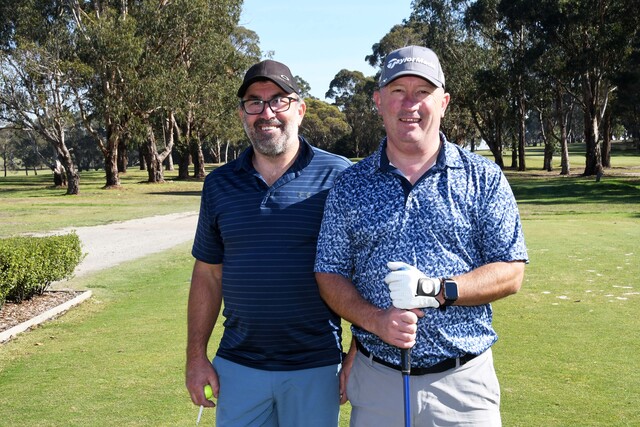The permit for the manufacture of hemp bricks in Vervale is now cleared of dispute after VCAT ruled against neighbouring concerns for the growth and use of the cannabis variant.
The proposal by Andrew Little has been through council and the courts for a number of years as the Vervale local has faced initial opposition from the council and sustained objections from neighbouring properties regarding his want to manufacture building materials out of hemp cultivated at his property.
Cardinia Shire Council granted a permit for ‘Rural Industry’ at the Murray Road site in May 2024 with 14 conditions limiting such matters as operation time and level of staff.
A similar application was considered by the council in 2020, where officers moved to approve a permit but councillors overturned the motion and voted in favour of refusal, citing its inconsistency with agricultural and horticultural zoning.
VCAT was referred this matter in 2022, where the tribunal upheld the council’s refusal.
The new, successful permit was refined to involve the matter of rural industry, after Mr Little acquired a permit for a 498m2 farm shed that will serve as the base of manufacturing the hemp-based bricks.
The product was also changed from the manufacture of panels to bricks.
The production and cultivation of industrial hemp was not disputed, as it is a given right within the agricultural zoning.
The objectors are combined into two separate complaints before the tribunal. They both maintain that the industrial use of the site is primary and inconsistent with existing planning provisions to protect the high-value agricultural land.
Even though Mr Little has an active license from Agriculture Victoria, the objectors argued that the cultivation of hemp is contrary to the primary food production prescribed for the area and will have potential impacts on the crops of surrounding properties.
The permit hinged on the clause of “manufacture mud bricks” as an allowable use for rural industry in the Cardinia Planning Scheme.
The council allowed the cultivation of hemp to use the produced and decorticated hurd as the base material for the manufacture of bricks mixed with broader ingredients such as sand, that form a “geopolymer binder”, as described in the defence of the permit.
The objectors argued that this did not fit within the uses stipulated in mud bricks, but tribunal member Susan Whitney was satisfied that the manufacturing accorded with the definition of rural industry that was accepted: that the bricks contain “earthy substances” with fibrous material that are made through manual labour or machinery.
The objectors also argued that the matter was a repeat of the application that was rejected in 2022, but the tribunal accepted that the manufactured product is different in this new matter and that “mud bricks” was not an issue considered previously.
Tribunal member Whitney affirmed the permit by determining that the specific manufacture of mud bricks accorded with rural industry and not the broader definition of industry, which would have been impermissible.







